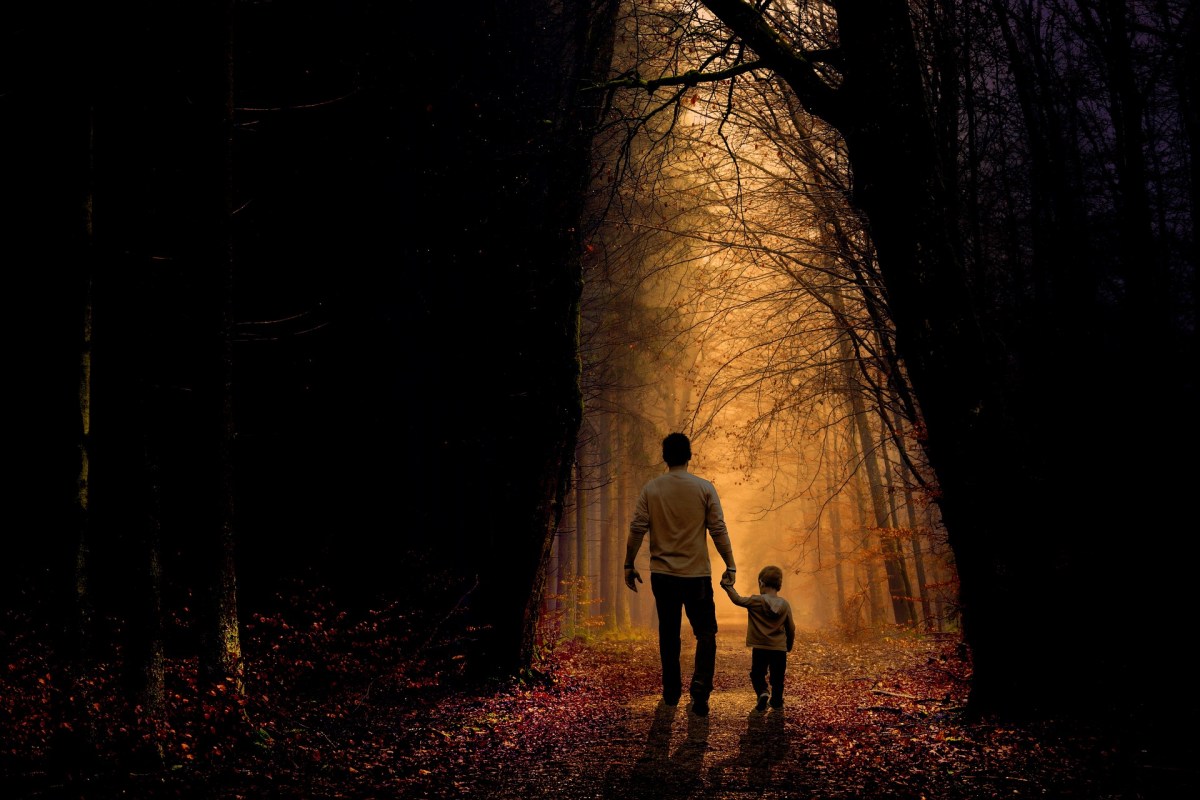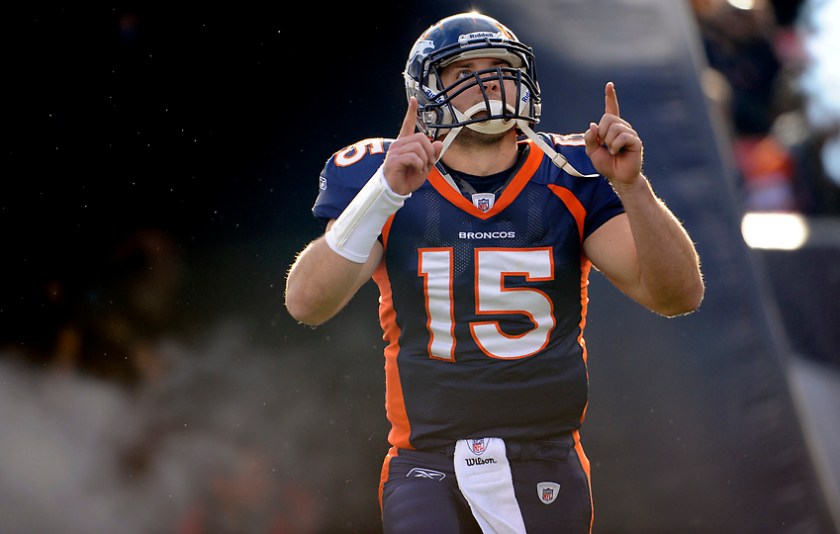I spend a lot of time alone in a basement, surrounded by rats. Because of my sacharin nature, I have not been able to keep my foolish heart from becoming attached to my furry little experimental subjects. Some experiments that I conduct require me to sit in silence for long periods of time as I watch my rats explore, freeze, groom, poop, or otherwise ruin my experiment. Naturally, my brilliant mind wanders. Often, it wanders straight into crazy town (see below).
I hate how afraid my rats are of me. Every time I open up their cages to deftly pick them up at the base of their tails and gently place them in whatever experimental apparatus I pre-ordained for them that day, they flail their little feet as if I was doing something horribly torturous. Usually the task my rats are being drama queens about is something fairly benign from my point of view, like placing them into a large round container for 5 minutes while absolutely nothing bad happens to them – I’m just there to observe how much time they spend hugging the edges of the circle versus strutting confidently in the middle (this is a measure of anxiety). Then right back they go to the comfort of their own little homes.
I wish I could explain to them that I come in peace, that I mean them no harm. I wish I could explain to them that the bizarre little rituals I’m putting them through are for a reason. A grand reason that no street rat – whose miserable little existence comprises of slinking around city dumpsters to forage for food before it gets eaten by a hawk or poisoned by pest control – would ever dream of. These lab rats of mine will never have such a gritty existence because these are no ordinary rats. They have special genetic mutations that cause them to over produce the “bad” form of a protein so that they begin to resemble humans with Alzheimer’s disease as they age. Almost everything about them – how anxious they are, how long it takes them to fall asleep, how well they learn a new task, how quickly they will give up in a challenging task, where and how much pathology is in their brains – could be an important key to helping millions of humans with Alzheimer’s disease. Think about how many humans aren’t even blessed with that sort of distinct purpose.
Another scientist in another lab created this rat strain for such a time as this. We didn’t kidnap their ancestors off the streets to fulfill our evil scientific schemes – these rats would not even exist if not for scientists. And then they came to me. I decide what happens in their lives. Some I randomly assign to be breeders. As such they get to have lots of great sex and raise little families. #toblessedtobestressed But most rats I assign for my experiments. They could be designated to a very short experiment, and the last thing they ever experience will be mild confusion in a weird new box before they join the Big Rat in the Sky. Or, they could be involved in a very long, complicated experiment in which they will be subject to all sort of weird environments, some even mildly aversive or painful, and have a lot of interaction with a large scary mammal who smells like coffee and tacos. Sometimes this large scary mammal seems sinister – most of them remember her taking them into a new, stinky room, losing consciousness, and then waking up with their head screaming in pain. But sometimes this large scary mammal seems compassionate – they also remember her visiting them at home when they had headaches, and giving them yummy food that eased the ache in their heads. This large scary mammal also frequently put them in stressful situations, but never seemed to let anything actually bad happen to them. Until, well… They don’t like to think about why all those cousins never came back that one time.
I am, essentially, Rat god.
I’m much more advanced, capable, powerful than these critters -why do I want to explain myself to them? Why do I care what they think about me? Why do I want to make myself known to them?
Because they’re cute.

And this has led me to have a thought that’s probably wildly irreverent. One part of the Christian story that never made tons of sense to me was why God would ever choose to reveal himself to us. Why not just let us go about our dumb petty lives and then die, never the wiser? But my stint as Rat god has made me wonder.. What if God decided to work humankind into his plan and reveal himself to us because, well… he thinks we’re cute?

Just think it over before you immediately dismiss it, that’s all I ask!
— Editorial Notes —
Obviously the God-as-kind-scientist metaphor can only go so far, but that’s ok. I’m not trying to design a new religion, so everyone spit out that grapefruit-flavored Topo Chico you just drank!































